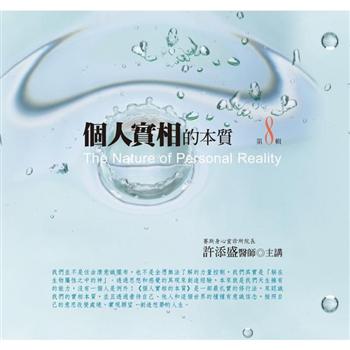"In his classic 1947 work, Catholicism, the Jesuit theologian Henri de Lubac sought to present a picture of Catholicism, not as a body of dogmas or a set of institutional structures, but as a living social organism that "grows under the action of a single life-force" and whose "scope remains God’s secret" (de Lubac 1988, 47). Confronted with a Church grown defensive in the face of modern Western culture, a Church that deployed its doctrines and structures to fend off a hostile world, de Lubac sought to remind his readers that the doctrines and structures of the Church are not ends in themselves, much less weapons, but rather are part of a dynamic social process that we might call "being Catholic." This activity of being Catholic is the subject of the Companion"--
| FindBook |
有 1 項符合
The Wiley Blackwell Companion to Catholicism的圖書 |
 |
The Wiley Blackwell Companion to Catholicism 出版社:Wiley-Blackwell 出版日期:2024-04-22 語言:英文 規格:精裝 / 600頁 / 普通級/ 初版 |
| 圖書館借閱 |
| 國家圖書館 | 全國圖書書目資訊網 | 國立公共資訊圖書館 | 電子書服務平台 | MetaCat 跨館整合查詢 |
| 臺北市立圖書館 | 新北市立圖書館 | 基隆市公共圖書館 | 桃園市立圖書館 | 新竹縣公共圖書館 |
| 苗栗縣立圖書館 | 臺中市立圖書館 | 彰化縣公共圖書館 | 南投縣文化局 | 雲林縣公共圖書館 |
| 嘉義縣圖書館 | 臺南市立圖書館 | 高雄市立圖書館 | 屏東縣公共圖書館 | 宜蘭縣公共圖書館 |
| 花蓮縣文化局 | 臺東縣文化處 |
|
|
內容簡介
作者簡介
Frederick Christian Bauerschmidt is Professor of Theology at Loyola University and a Deacon of the Archdiocese of Baltimore. He has published more than 50 essays in academic journals and books and is the author of seven books, including The Essential Summa Theologiae: A Reader and Commentary, The Love That is God: An Invitation to Christian Faith, and Thomas Aquinas: Faith, Reason, and Following Christ.
James J. Buckley is Professor Emeritus of Theology at Loyola University. His articles have been published in Modern Theology, Pro Ecclesia, Theological Studies, The Thomist, and others. He is the co-author (with Frederick Bauerschmidt) of Catholic Theology. An Introduction and the co-editor of several volumes in the Pro Ecclesia series.
Jennifer Newsome Martin is Associate Professor at the University of Notre Dame with a joint appointment in the Department of Theology and the Program of Liberal Studies. She is the author of Hans Urs von Balthasar and the Critical Appropriation of Russian Religious Thought. Her work has appeared in Modern Theology, Communio: International Catholic Review, International Journal of Systematic Theology, and Newman Studies Journal.
Trent Pomplun is Associate Professor of Theology at the University of Notre Dame. He is the author of Jesuit on the Roof of the World: Ippolito Desideri’s Mission to Tibet, as well as academic articles published in journals such as Modern Theology, Nova et Vetera, Journal of Religion, and History of Religions.
Devotional Comforted by God Faux Leather
Devotional Finding Wisdom in Proverbs Faux Leather
Healing Together: Trauma Informed Care for Spiritually Integrated Communities
Faith in the Midst
Mediæval Mystical Tradition and Saint John of the Cross
Mediæval Mystical Tradition and Saint John of the Cross
Wisdom: Making Godly Decisions
Wisdom: Making Godly Decisions
Wisdom: Making Godly Decisions
|











